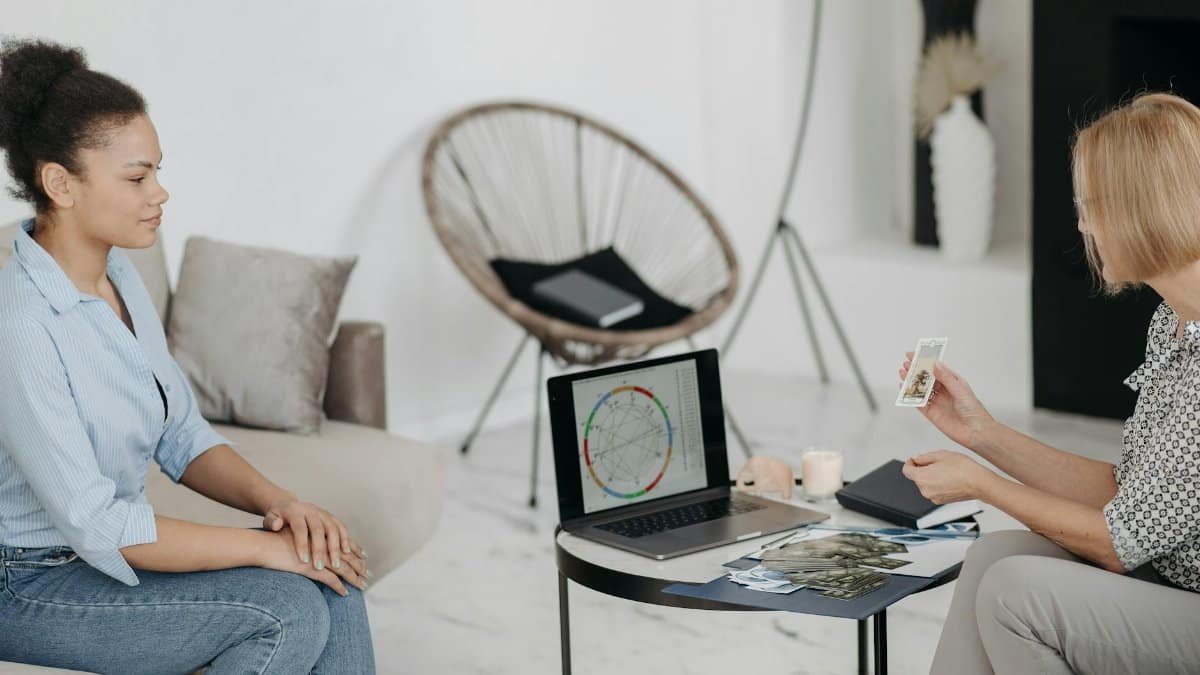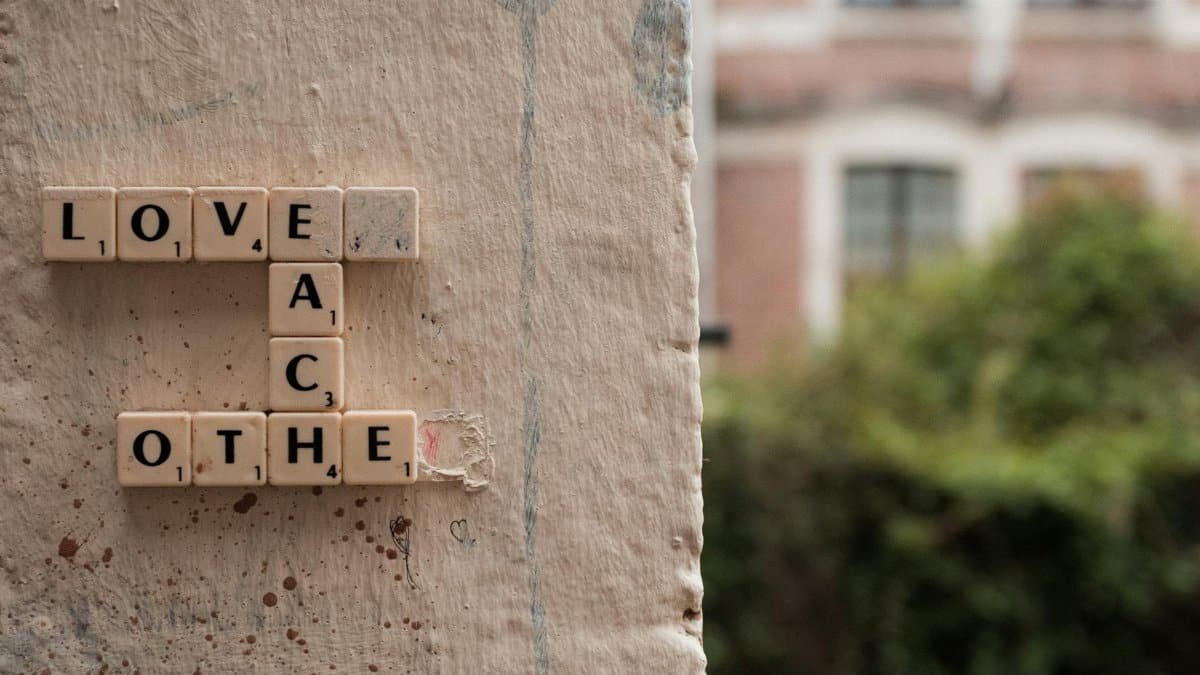Imagine a quiet coffee shop in Portland, where a small group gathers on a rainy afternoon, their conversation buzzing with curiosity. One woman leans forward, describing a moment when she felt guided by something beyond herself—was it a gut feeling, or something more? Her question hangs in the air, touching on a distinction many grapple with today: the channeling vs intuition difference. For some, these terms blur together as vague spiritual concepts. Yet, they point to distinct experiences—one a personal inner nudge, the other a perceived connection to an external source. As interest in mindfulness and alternative practices grows in 2025, understanding this subtle divide becomes more relevant. It’s not just semantics; it shapes how people seek guidance, make decisions, or even find meaning in uncertain times. So, how do we untangle these threads? Let’s break it down.
Defining the Basics: What Are Channeling and Intuition?

Start with intuition. It’s that quiet inner voice, the hunch that tells you to take a different route home or trust a stranger’s smile. Psychologists often describe it as a subconscious process, drawing on past experiences and subtle cues. A 2016 study from the University of New South Wales suggests intuition is rooted in rapid, non-conscious pattern recognition in the brain. You can read more about this research at UNSW Newsroom. It’s personal, often fleeting, and feels like part of you.
Channeling, by contrast, is described by practitioners as receiving messages or guidance from an external source—be it a spirit, a higher self, or universal energy. It’s less about internal processing and more about acting as a conduit. Someone channeling might speak or write words they feel aren’t entirely their own. While scientific evidence for channeling remains scarce, anecdotal accounts abound in spiritual communities, often tied to practices like meditation or trance states.
The Source of the Signal: Internal vs. External

One key marker in the channeling vs intuition difference lies in where the insight seems to originate. Intuition typically feels internal, a product of your own mind and body. Think of the butterflies in your stomach before a big decision—that’s your system processing data you might not consciously notice. Research from the National Institutes of Health highlights how bodily sensations often underpin intuitive judgments. Explore this further at NIH on Intuition and Decision-Making.
Channeling, however, often comes with a sense of “otherness.” Practitioners describe it as a voice or idea arriving fully formed, distinct from their own thoughts. One anonymous account shared in a public forum recalled, “It was like someone else was speaking through me—I didn’t plan the words.” Whether this reflects a psychological state or something metaphysical remains debated, but the perceived external source sets it apart.
How They Feel in the Moment

Picture yourself at a crossroads, deciding whether to take a job offer. If intuition kicks in, there’s often a subtle bodily cue—a tightness in your chest, a sudden clarity. It’s grounded, even if unexplained. Studies from Harvard Medical School suggest these “gut feelings” tie into the brain-gut axis, a biological feedback loop. Learn more at Harvard Health on Gut-Brain Connection.
Channeling, on the other hand, can feel more detached or intense. Some report a trance-like state, a sense of stepping aside as information flows. Others describe vivid imagery or voices, almost cinematic in clarity. While intuition hums quietly in the background, channeling often feels like a spotlight—unignorable and sometimes overwhelming. The distinction isn’t just academic; it shapes how people interpret and trust these experiences.
Cultural Contexts Shaping Perception

Across the U.S., the channeling vs intuition difference often hinges on cultural lenses. In mainstream circles, intuition gets a nod as a practical tool—think of business leaders touting “trusting your gut.” It’s secular, accessible, even celebrated in self-help books. A Pew Research survey notes that over 60% of Americans believe in the power of instinct for decision-making. Check the broader trends at Pew Research on Religion and Society.
Channeling, though, often carries a mystical stigma. Tied to New Age movements or historical spiritualism, it’s more likely to raise eyebrows outside certain communities. In places like Sedona or Asheville, where alternative practices thrive, channeling might be discussed openly at a local workshop. Elsewhere, it’s a quieter topic, often confined to private circles. This cultural split influences how people label their experiences—one person’s “channeled message” might be another’s “strong intuition.”
Practical Applications: When Each Comes Into Play

Consider a therapist in Chicago helping a client navigate grief. She might encourage tapping into intuition to process emotions—those subtle nudges about what feels right in the moment. It’s a tool for self-reflection, grounded in personal history. Intuition often shines in everyday choices, from parenting to career pivots, acting as an internal compass.
Channeling, by contrast, often emerges in spiritual or creative contexts. Artists and writers sometimes describe channeling as the source of sudden inspiration—a poem or painting that seems to “come through” them. In spiritual settings, it might guide rituals or offer comfort, like feeling a loved one’s presence after loss. While intuition helps with the mundane, channeling often ties to bigger questions of purpose or connection.
Navigating Trust: Which to Rely On?

Here’s where it gets tricky. Intuition, backed by psychological research, often feels more reliable to skeptics. It’s testable in a way—did that gut feeling about a risky investment pay off? There’s a feedback loop. But it’s not foolproof; biases can masquerade as intuition, leading us astray.
Channeling poses a different challenge. Without empirical grounding, trust often depends on personal belief or community validation. Someone might feel profound guidance during a channeling session, only to question its source later. Was it truly external, or just their subconscious speaking? This uncertainty can be unsettling, yet for many, the emotional resonance keeps them returning to the practice. The choice between leaning on intuition or channeling often boils down to worldview—and a willingness to sit with ambiguity.
The Overlap: When Lines Blur

Sometimes, the channeling vs intuition difference isn’t so clear. A mother in Texas, reflecting on a sudden urge to call her child just before an accident, might call it intuition. Another might label the same experience as a channeled warning from a guardian spirit. The event is the same; the interpretation varies. This overlap hints at a deeper truth—both may tap into a human need to find meaning beyond the rational.
Spiritual teachers often argue the two aren’t entirely separate. Intuition might be a stepping stone, a way to tune into subtler frequencies that eventually feel like channeling. Others see channeling as heightened intuition, amplified by practice or belief. This gray area reminds us that human experience resists neat boxes. What matters, perhaps, isn’t the label but the insight gained.
Moving Forward: Honoring Both Experiences

As interest in personal growth surges in 2025, more Americans are exploring these concepts, whether through meditation apps or local spiritual meetups. Recognizing the channeling vs intuition difference offers a framework—not to judge one as “better,” but to understand their roles. Intuition might anchor daily decisions, a quiet ally in a noisy world. Channeling, for those open to it, can provide a sense of connection, a reminder of something larger.
Ultimately, both speak to a shared hunger for guidance. Whether you feel a hunch in your gut or a message from beyond, the act of listening matters. It’s less about proving origins and more about what these moments teach us. So, next time a strange certainty strikes, pause. Ask yourself: Is this me, or something more? The answer might surprise you.

A certified hypnotherapist, Reiki practitioner, sound healer, and MBCT trainer, Christopher guides our journey into the spiritual dimension, helping you tap into a deeper sense of peace and awareness.
Disclaimer
The content on this post is for informational purposes only. It is not intended as a substitute for professional health or financial advice. Always seek the guidance of a qualified professional with any questions you may have regarding your health or finances. All information is provided by FulfilledHumans.com (a brand of EgoEase LLC) and is not guaranteed to be complete, accurate, or reliable.
